Svenja Geißler
- Academic Staff
CS
+49 721 608-48154
svenja geissler ∂does-not-exist.kit edu
Karlsruhe Institute for Technology
ZML - Center for Technology-Enhanced Learning
Building 08.03
Karl-Friedrich-Str. 17
76133 Karlsruhe
Germany
Svenja Geißler develops and optimizes digital and digitally enriched teaching and learning concepts. She is also a lecturer at the Institute of School Pedagogy and Didactics. She uses her courses as a field of experimentation, in particular to test gamification elements and their suitability for learning. Educational Escape Rooms and other no-code serious games are used time and again and are adapted after sufficient evaluation.
| 2022 - today | Lecturer at the Institute for School Pedagogy and Didactics (ISD) |
| 2021 - 2022 | Lecturer at the Institute for Vocational Education and General Pedagogy (IBAP) |
| 2019 - today | Academic assistant at the Center for Media Learning (ZML) |
| 2017 - 2018 | Postgraduate studies in "Teaching English as a Foreign Language" and "Expert in Bilingual Education" at the Universitat Internacional de Catalunya |
| 2006 - 2014 | Studied Romance Studies, English Studies and History (teaching degree) at the Ruprecht-Karls-University Heidelberg |
| 2010 - 2011 | Lecturer for GFL at the Language Center of the Universidad de Guanajuato, Mexico |
| 2009 - 2010 | Study exchange with the University of Leeds |
First semester 2024
- Inverted classroom with screencasts (as part of the HDZ program)
- ICMbeyond conference: Educational Escape Rooms - easy without programming knowledge (St. Pölten UAS)
- Methods workshop for blended learning, inverted classroom and hybrid teaching
- Designing self-study units for blended learning (as part of the HDZ program)
- AI in studies and teaching
- Create interactive videos for blended learning yourself (as part of the HDZ program)
Past events
- Inverted classroom workshop (as part of the HDZ program 2022-2024)
- Interactive methods for the synchronous phase (as part of the ZML focus topics 2022-2024)
- Regular infobreaks/coffee lectures on Zoom, IC and hybrid teaching as well as learning objectives for blended learning (2020-2024)
- Media for the self-study phase (2020-2024)
- Lightning talk at ICMbeyond 2023 on SMART Reader
- Blended learning methods
- Hybrid technology for the IC
Courses for the Institute of School Pedagogy and Didactics (formerly for the Institute of Vocational and General Pedagogy)
Teaching and learning concepts
The advanced seminar on teaching and learning concepts takes place every winter semester. Students of (vocational) education develop, test and evaluate their own (digital) learning unit. They apply their knowledge from the lecture "Methodology and Didactics" and from this advanced seminar. The focus of the application phase is on innovative learning concepts beyond frontal teaching.
Media didactics deals with the targeted use of media for the respective learning occasion or for the respective learning objective. In the seminar of the same name, students of (vocational) education and the teaching profession learn which media are suitable for which learning scenarios and how they can be created in a targeted manner. A special focus is placed on digital media.
In the seminar "Pedagogical aspectsof digitallearning environments", students learn about the special features and requirements of digital learning environments and apply their knowledge by creating their own small, learning-friendly and low-barrier learning environment. These digital products created in project-based learning trigger certain motivational mechanisms in the user, stimulate learning and help the students in the seminar to gain new insights into their own motivation in the learning and production process.
The module seminar "Fields of action in vocational education and training" takes place every summer semester. Here, students can actively participate in shaping a field of action by creating a digital product in accordance with challenge-based learning that provides information about one or more of the fields of action or even provides a solution or instructions for action. In addition to teacher qualifications and future skills, the focus is also on rapidly changing digitalization and digitality.
The Media Education seminar focuses primarily on media skills and how to teach and develop them. What actually is media literacy? What factors play a role and how can people be trained to use media safely? As part of this seminar, the students developed small multimedia information units on the various aspects of media literacy and digitality, which contain small learning modules for skills development.
The questions of what we have learned from the pandemic, how digital education can be improved and how problems can be avoided in the future, as well as fundamental questions about digitalization and digitality in the educational landscape between regular schools, vocational schools, training companies and universities were discussed here. Using these topics freely chosen by the students, the reading course practised researching, managing literature and citing as well as examining different types and genres of texts.
Research
Svenja Geißler works primarily in development and therefore experiments with various, predominantly digital teaching and learning formats. Thus, "investigation by teaching" and "optimization by learning" apply. She primarily researches motivational mechanisms and inclusive teaching and learning concepts that promote learning and their concrete implementation as well as their success factors in the inverted classroom and other blended learning formats.
The field of experimentation is often her own courses at a meta-level.

